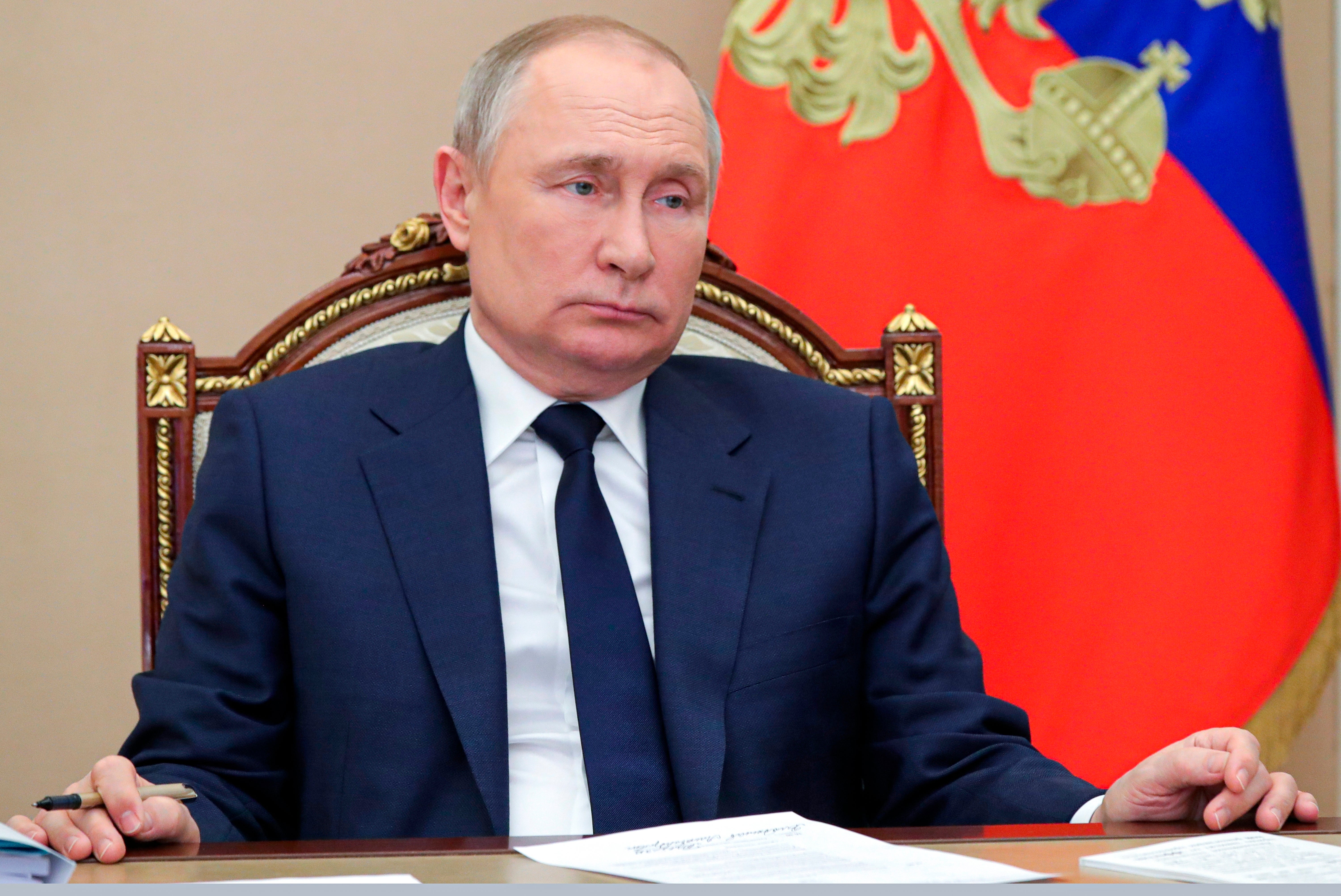UK remains ‘world leader’ in hiding dirty money, says top sanctions expert
Exclusive: Government must bring in law to tackle oligarchs’ London ‘enablers’, says Bill Browder

Britain remains the “world leader” in hiding dirty money despite recent efforts to crack down on oligarchs’ illicit wealth, a leading sanctions expert has told The Independent.
Bill Browder urged Boris Johnson’s government to get to grips with the “enabler community” of lawyers and accountants in London suspected of helping kleptocrats from Russia and elsewhere protect their assets.
The Vladimir Putin critic – who campaigned for the “Magnitsky” human rights sanctions introduced by many western governments – said the UK government must now force so-called enablers to share more information with the authorities.
“The UK is still the world leader of attracting dirty money,” said Mr Browder. “The UK has a chance to close up a major, glaring loophole which attracts everyone to London to launder money.”
He added: “The enabler community in London is more prolific than anywhere else in the world. The oligarchs work with the best lawyers and accountants – those enablers should be obliged under a duty of law to provide information on those being investigated.”
The government’s Economic Crime Bill was rushed through parliament last month in a bid to “flush out” illicitly obtained wealth. It created a new register requiring overseas companies to reveal the name of the “beneficial owner” of properties held in the UK.
However, Mr Browder and other anti-corruption campaigners say the legislation contains several “loopholes”, which still allow kleptocrats to hide their assets in complex structures such as shell companies and trusts.
Priti Patel, the home secretary, has promised a second “follow-on” Economic Crime Bill, vowing that it will bring in measures to reform Companies House. She also made a vague pledge that the bill would lead to more information sharing on “suspected money laundering”.

Mr Browder said the second bill must put clear obligations on the “enablers” to share information about suspected illicit wealth, as well as bring in tough criminal penalties for the failure to do so.
“At the moment there is only reward and no risk,” he said. “If they risk paying fines or even going to jail they are less likely to assist [oligarchs] and more likely come forward with information.”
Business minister Paul Scully previously said the second Economic Crime Bill would be introduced “early” in the next parliamentary session, and The Independent understands it is likely to be included in the Queen’s speech on 10 May.
While the government has been able to use existing legislation to slap sanctions on hundreds of people identified as being closest to Russian president Vladimir Putin, campaigners say the authorities still do not have enough investigative powers to flush out dirty money flowing through London and the UK’s offshore tax havens.
Anti-corruption experts say oligarchs will continue to be able to use shell companies – often set up in the UK’s Crown Dependencies and Overseas Territories (CDOTs) – to dodge the authorities without strong new measures in the upcoming bill.
Susan Hawley, executive director at Spotlight on Corruption, wants an overhaul of Companies House to help boost transparency. She wants the organisation to be given new powers to proactively launch investigations, rather than acting as a registrar.

“We’re worried the government will lose interest in dealing with this properly,” said Ms Hawley. “We desperately need major reform to the set-up at Companies House so investigators can look into potential money laundering.”
The campaign group also backed Ms Browder’s call for a crackdown on so-called enablers in the second crime bill. “It would be a real missed opportunity not to look at how the legal and accountancy sectors are supervised when it comes to money laundering investigations,” said Ms Hawley.
Labour MP Dame Margaret Hodge said the government should use the planned legislation to boost the power of enforcement agencies, as well as tackling those who help oligarchs protect their money.
“You also need to tackle the enablers who are facilitating this,” she told The Independent. “You need to create criminal offences. That’s the only way you will stop it.”
Mr Browder warned Mr Johnson’s government not to backtrack on its promise to crack down on the flow of dirty money. “I can’t stand these pronouncements fizzling out into nothing because the laws and institutions don’t work,” he said. “I’m worried the interest could dissipate.”
A government spokesperson said the first Economic Crime Bill had allowed the government to “move more quickly with sanctions, prevent criminals from laundering their money in UK property and strengthen unexplained wealth orders”.
Asked about plans for the second bill, the spokesperson said it would be “part of a wider package of legislative proposals to tackle illicit finance which will be introduced in parliament in the coming months, including reforming Companies House”.







Join our commenting forum
Join thought-provoking conversations, follow other Independent readers and see their replies
Comments